A VPN, or virtual private network, is an essential privacy tool for your computer, phone, tablet, or any device that connects to the internet. But you may wonder why using a VPN is so important and why you still need one even in 2024.
How VPNs work
Before you sign up for a VPN, learn how it works and why it should be an essential part of your privacy toolkit.
A VPN encrypts your internet traffic and routes it through a server in another location. This makes it appear like you’re connecting to the internet from that location rather than your actual location.
When you connect to a VPN, your device first establishes a secure connection with the VPN server, and your IP address will appear to be the IP of that server. Once the secure connection is established, all of your internet traffic is routed through the VPN server, which means that your ISP will only see that you’re connecting to the VPN server and not the websites or online services you visit. This prevents your internet provider from recording your activity and selling it to advertisers.
And thanks to strong encryption, anyone who tries to intercept your internet connection will fail and not be able to view your online activities. This can be especially useful if you use public Wi-Fi at a cafe, school, or airport to access sensitive information like your banking details.
Why do you need a VPN at home?
While home internet tends to be more secure than public Wi-Fi, VPNs still provide greater privacy and access to restricted content. Below, we look at some of the reasons you should get a VPN for your home.
Enhanced privacy
A VPN masks your IP address and encrypts your online activities, making it difficult for your ISP, hackers, or governments to monitor or log your online behavior. If you frequently conduct online transactions, a VPN ensures your financial data is unreadable to third parties.
Access censored content
Many online services and content are restricted to certain geographical regions. This content ranges from news sites to popular social media apps. With a VPN, you can appear to be using the internet from another location, allowing you to bypass these restrictions.
Bypass ISP throttling
Some ISPs throttle, or slow down, bandwidth for certain online activities or platforms. One of the most commonly cited reasons for throttling is to manage network congestion during peak usage times. By slowing down high-bandwidth activities such as streaming and large downloads, ISPs aim to ensure that all users on the network have a more consistent experience. Using a VPN can prevent your ISP from identifying the type of content you’re accessing so that it won’t throttle your traffic.
Prevent cyberattacks
Using a VPN protects you from security breaches, including man-in-the-middle attacks. These attacks trick you into thinking you are communicating with the intended person or website but instead it’s the attacker. A VPN prevents MITM by ensuring your activity is done over an encrypted connection.
9 reasons to use a VPN
From privacy and security to breaking through censorship, here are nine great reasons to use a VPN:
1. Hide your browsing history from your ISP
Although most internet service providers (ISPs) claim not to sell your data, they are often allowed to “share” details of your browsing history with third parties who sell them to data brokers, who in turn sell them to advertisers.
There are several ways to hide your browsing history from your ISP, but the simplest is to use a VPN. With a VPN, your ISP cannot see what websites you visit or what apps you use, so they have no useful information to share with third parties.
2. Change your virtual location
Using a VPN gives you a new IP address in another location. That means you can appear to be in a different country or city, from the perspective of the apps and websites you visit, thereby protecting your privacy. This can even help to protect your physical safety, if you are at risk of bullying or harassment.
3. Keep your activity private from Wi-Fi operators
A VPN also keeps your internet activity private from Wi-Fi network operators, who, if motivated enough, can figure out which sites you’ve visited. If you’re worried about the Wi-Fi admin of a school, office, or hotel network having access to your browsing history, a VPN is the solution you’re looking for. When it comes to Wi-Fi in your home, you can keep your activity hidden from other members of your household, whether it’s your parents or your children.
4. Stop throttling
If you’ve ever noticed that your connection slows down while streaming, downloading, or gaming, you might be experiencing bandwidth throttling. This happens when ISPs attempt to relieve congestion by inspecting your traffic and intentionally slowing you down if they see you are engaged in one of these activities.
With a VPN, however, your ISP will not be able to inspect your traffic, so it will not throttle your connection based on your activity. If your connection is being throttled, you will probably find that using a VPN will speed up your streaming, gaming, and other high-bandwidth activities.
5. Security against cyberattacks
Cyberattacks deployed to observe your activity and steal your information can occur on poorly secured Wi-Fi networks. A VPN wraps your traffic in an encrypted tunnel that protects you from man-in-the-middle attacks, packet sniffing, and other common security risks.
6. Get a better gaming experience
Using a VPN lowers ping when gaming online. Ping, or latency, refers to the time it takes for information—in this case, packets of data—to be sent from your machine to a server and its subsequent response time. Shorter connection routes between your device and gaming servers are preferable for lowering ping, and using a VPN can help to shorten this route by connecting to a VPN server closer to the gaming server.
Using a VPN can also help to prevent DDoS attacks—a common issue among gamers.
7. Defeat internet censorship
Whether for political, religious, or economic reasons, many countries use internet censorship to block access to certain apps and websites. It can be incredibly frustrating for citizens—or anyone traveling in that country—to lose access to email, social media, news sites, and other tools that once connected them to the outside world.
That’s why many travelers, expats, and citizens of countries with censorship have come to rely on VPNs to unblock websites like Google, Facebook, Twitter, and The New York Times. By changing your IP address, a VPN allows you to browse the internet as if you were in a country where the internet is free and open.
8. Avoid price discrimination to save money
Did you know using a VPN can help you find better deals while shopping? That’s because some online retailers change their prices based on your location.
When you use a VPN to change your IP address before searching for plane tickets, hotels, car rentals, or gifts, it’s possible to seek out cheaper prices than in your home country.
9. Keep your online activity private from governments
It’s no secret: countries surveil their citizens. Using a VPN adds a layer of privacy, protecting your internet traffic from intruders, including governments. Even if you have nothing to hide, online privacy from government agencies should be considered a right.
What can a VPN be used for?
There are many different use cases for VPNs for consumers and businesses. Some of the most common use cases include:
For streaming
Streaming services often block access to their content based on the user’s location. While you can use a VPN to access shows and movies by connecting to a VPN server location in a country other than your own, doing so may violate copyright or infringe upon a streaming service’s Terms of Use and the ExpressVPN Terms of Service.
As a privacy and security tool, ExpressVPN is designed so that no one can see or control what you do when connected to our VPN service—not even us. So you are responsible for verifying that your use complies with all relevant terms and laws.
For gaming
Lag is a delay between when you press a button and when the action is reflected on the screen. A gaming VPN can reduce lag by routing traffic through a server closer to the game servers. Using a VPN could help you avoid a DDoS attack as well. DDoS attacks are a type of cyberattack that can flood a game server with traffic, making it unavailable to players. A gaming VPN can help to protect you from DDoS attacks by routing your traffic through a server that is not easily targeted.
For shopping
Some online stores use your IP address to track your browsing history and adjust the prices you see based on your activity. This means they may charge you more for previously viewed or purchased products. A VPN can help to prevent price discrimination by hiding your IP address.
For traveling
When you’re traveling, you rely much more on public Wi-Fi networks in hotels, cafes, and airports. But these networks are often unsecured and vulnerable to cyberattacks. A VPN encrypts your internet traffic, protecting it from third-party interception.
In addition, some countries impose strict internet censorship, blocking certain websites and services. With a VPN, you can route your traffic through servers in a different country to bypass these restrictions.
For businesses
Consumer VPNs like ExpressVPN are helpful for anyone trying to maintain a higher standard of data security, and this includes people working remotely or even in-office. By turning on a VPN, you are encrypting all internet traffic, no matter if it’s for work or personal matters.
That said, businesses sometimes use VPNs as a secure way to connect remote workers and branch offices to the company’s network. However, these business VPNs work a little differently, mainly with the goal of protecting company data and enabling smoother work, rather than increasing employee privacy.
How do I choose a VPN?
Choosing the right VPN for you highly depends on your needs and the features offered by various companies. We list some of the considerations:
Encryption standard
Some services out there, such as “proxies,” mainly help you change virtual location for greater content access, while privacy is not a priority. If you want to secure your online activity, choosing a VPN that uses a strong encryption standard (AES-256), is important.
No-log VPNs
If privacy is a concern for you, opt for a VPN that doesn’t keep logs of your online activity. ExpressVPN never logs your online activity or your VPN connections, and has processes in place to ensure that this data never persists on a server even if it gets recorded by accident.
Independent auditors have rigorously checked our privacy policy to give users the highest levels of assurance that we do what we say. Very few VPN providers have substantiated their claims, as we have.
Server locations
If you’re looking to bypass geographic restrictions, ensure the VPN service you’ve signed up for has servers in the countries or regions that fit your needs. ExpressVPN has servers in nearly 100 countries worldwide, which means you’ll most likely be able to find one that helps you access specific content.
Speed and performance
Nobody wants a sluggish internet connection. While a VPN might slightly slow down your connection due to data encryption, you should barely notice a difference with high-quality VPNs. ExpressVPN’s servers are also optimized to connect extremely quickly, often in a fraction of second—so the act of turning on your VPN doesn’t become a chore.
Ease of use
The easiest way to use a VPN is through an app. Once you’ve downloaded an ExpressVPN app and signed in, all it takes is tapping one button in the app to turn your VPN on or off. You can explore different VPN locations to connect to, depending on your needs, and tailor your VPN by enabling a kill switch for added safety while browsing.
Extra privacy features
With ExpressVPN, you can choose to turn on features like threat manager, which prevents your device from communicating with known malicious sites, as well as an ad blocker and adult-site blocker. Our password manager ExpressVPN Keys comes included too—giving you loads of value in a single app.
Which devices it works on
See what apps a provider offers with their subscriptions and determine whether they suit your needs. With a single ExpressVPN subscription, you can download apps to your Windows, Android, Mac, iOS, and Linux devices. You can also get ExpressVPN on devices not normally compatible with a VPN (such as gaming consoles, voice assistants, and more) by downloading VPN software to your Wi-Fi router—it’s included in your subscription. Alternatively, get the Aircove router, which has ExpressVPN functionality built-in.
Customer support
Check if the VPN offers 24/7 support, live chat options, and the availability of online resources for troubleshooting.
About whether you need a VPN
Do I need a VPN on my phone?
Yes, getting a VPN on a phone is a good move for privacy and security. It might be even more important to get a VPN on your phone than on a computer, since you are more likely to connect to an unsecured Wi-Fi network on your phone while on the go. If you often connect to public Wi-Fi networks at a coffee shop or while traveling, it’s essential to use a VPN because public Wi-Fi networks are often unsecured and vulnerable to interception by hackers and snoops.
Getting a VPN on your phone will also allow you to browse with greater privacy, since you’ll get to use a different IP address from your real one. You’ll also be able to access censored or restricted content by choosing a VPN server in a location where the content is available.
Do I need a VPN for my business?
Yes, in an increasingly digitized world, it’s beneficial for businesses—regardless of size and industry—to use a VPN for secure communications and data transfer. Further, in regions where online censorship is prevalent, workers are able to access content beyond their country’s borders, potentially providing a business advantage. Get more cybersecurity tips for small businesses.
What happens if you don’t use a VPN?
If you’re not using a VPN, don’t fret; you’re not necessarily in immediate danger. However, you’re missing out on the layers of privacy and security that a VPN can provide.
A VPN ensures all your internet traffic is encrypted, preventing third parties (including your internet service provider) from seeing what you’re doing online. Without a VPN, your internet traffic might be vulnerable to interception, especially on unsecured public networks, allowing attackers to snoop on your activity and steal your personal information.
Should I always turn on my VPN?
As your data should always be protected, it’s worth having your VPN on throughout the day. Data is being transmitted on your device even when not in use (as long as it’s turned on), such as when you’re sleeping. However, it’s worth noting that a VPN does use battery and mobile data, so users might want to turn it off when running low on either and only turn it on when accessing unsecured services or conducting activities like online shopping.
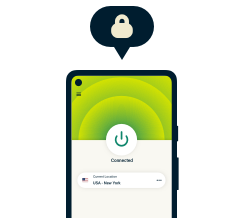
Mask your IP address with a VPN
30-day money-back guarantee
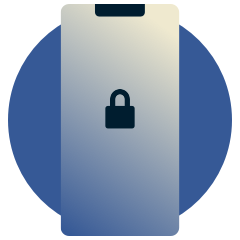
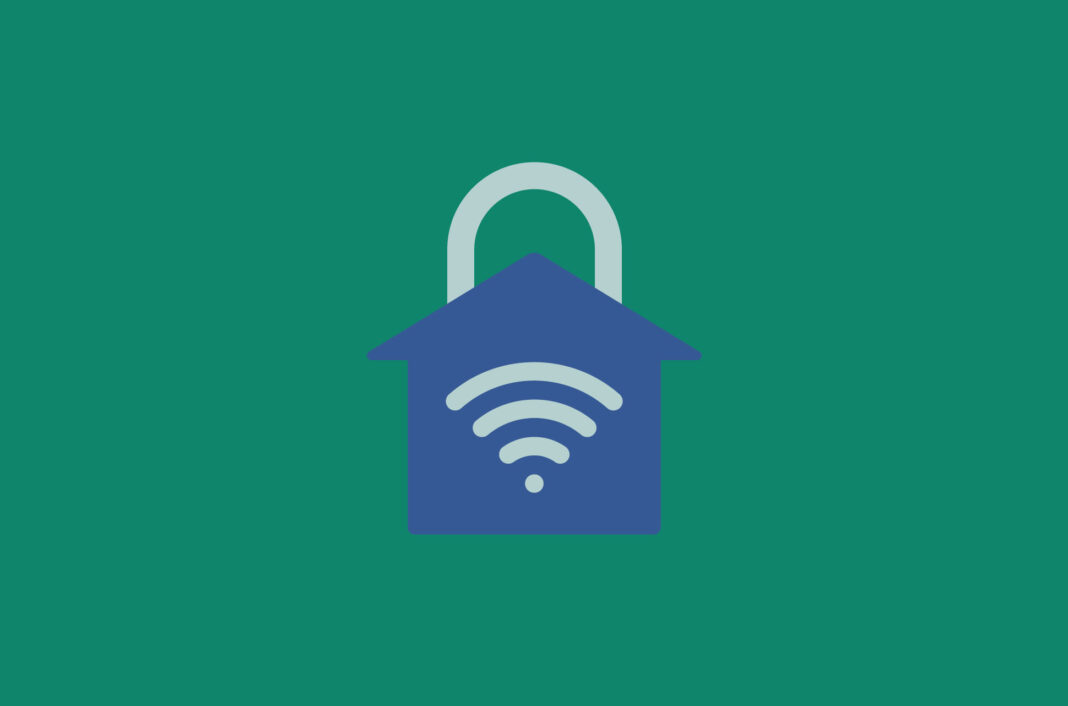
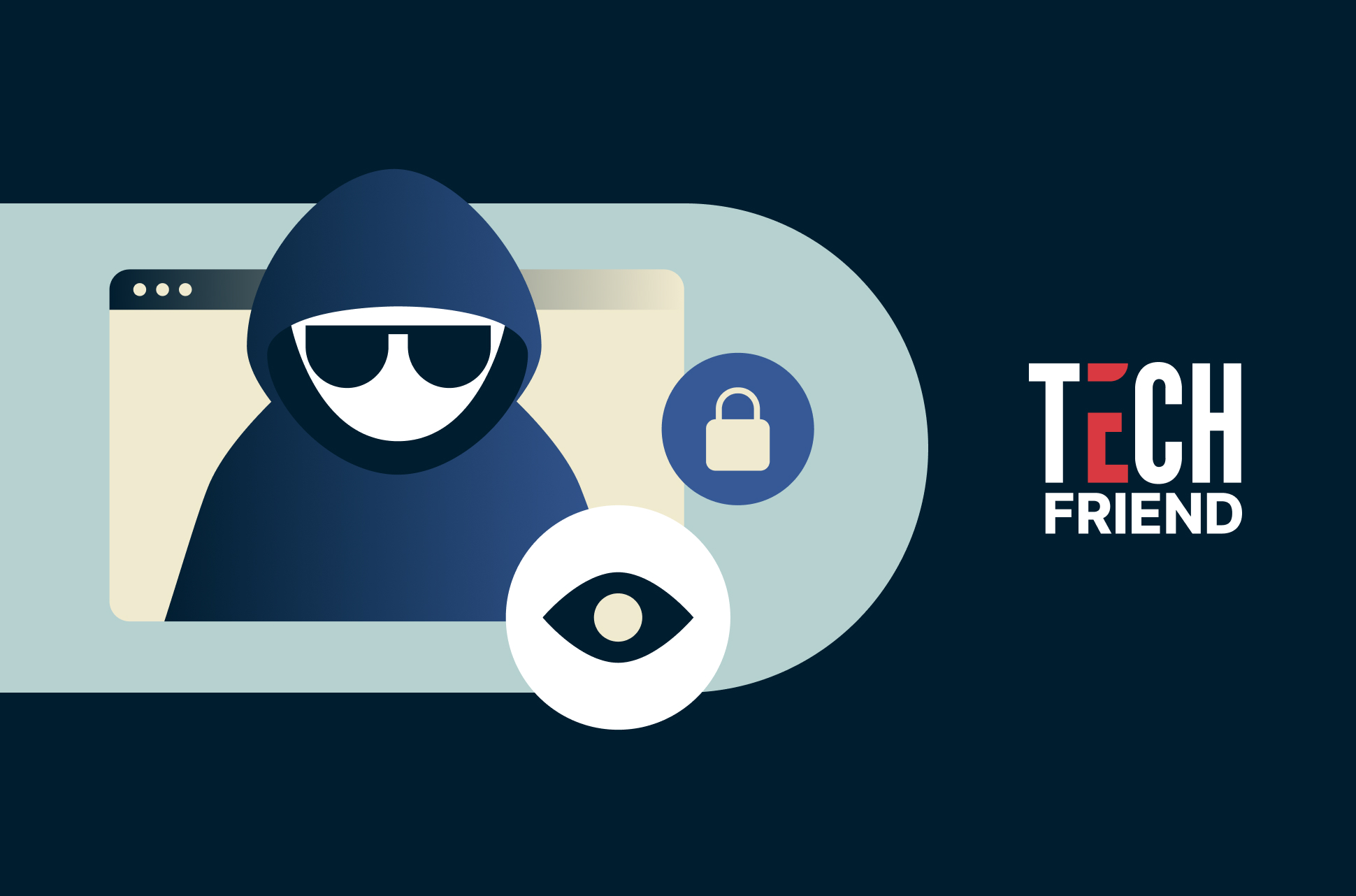

















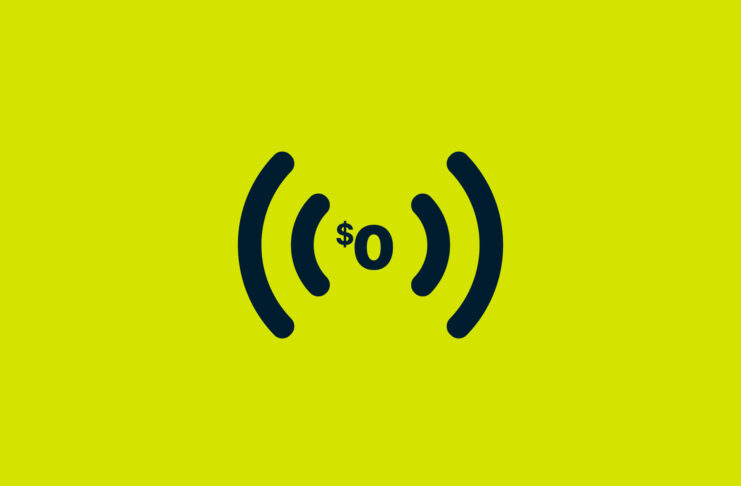
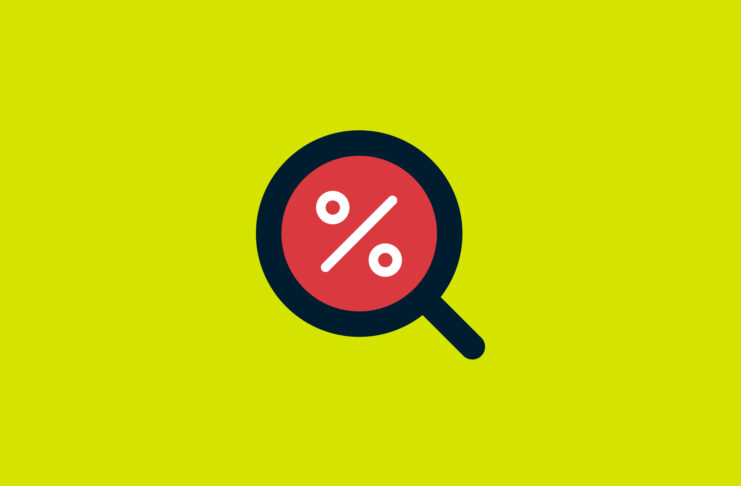




Comments
Can’t use ExpressVPN with my subscription on ‘F1 TV PRO’. I have to stop ExpressVPN to use that app.
Since a while the same with the free app ‘NOS’ news in the Netherlands, even when I’m in that country. Films don’t work and loading the news takes a long time.
I really don’t know if I stay with you, if more and more companies recognize a user to be connected true VPN.
How is this blog post any different than the “What Is VPN?” page on the main ExpressVPN site?
Need to be like Lexie or Jamie: Original.
Very helpful and informative. Thank youfor sharing your knowledge and idea. It would help Newbies.
Absolutely right. And one more needs to be added, VPNs help those who live in countries without internet freedom browse the web freely and with security.
Can’t managed to fool BBC Iplayer into believing I’m in the UK. So not much use is it!
Hi Mike, please contact our Support Team and they will help you sort this.
nice
Thanks for sharing a new idea!!!!!!!!
I didn’t have much idea about VPN and it’s uses but now I have understood the whole thing. This is actually quite an useful tool for unblocking websites